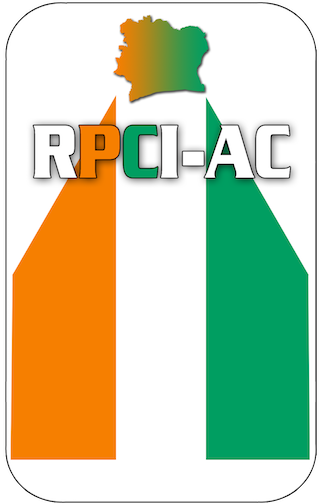"World politics":"Years of revolution"(THIRD part)"Ideology and Revolution in the world"!
Le 30 décembre 2011 par IvoireBusiness - Ideology and revolution seem to be linked to some extent, therefore the impact of ideology on social and political change, has been a matter of dispute in the
Le 30 décembre 2011 par IvoireBusiness - Ideology and revolution seem to be linked to some extent, therefore the impact of ideology on social and political change, has been a matter of dispute in the
study of politics!This controversy can be traced back to the jews "Karl Marx" and the german analyst "Max WEBER".Basically,for "Karl Marx", technonlogy was the real engineroom of social change.Once an economic system such as feudalism had been outdated by technogical developments, it was doomed.Furthermore, the divisions that emerged in society would eventally revolutionise the political, as well as the economic, order.Ideology played a dependent role:Its main purpose was to bolster up the ruling class with moral and political argument.But the ideology of dominant groups could at best only delay the timing of their disintegration.In the same trend, reacting against "Karl Marx" determinism, the german sociologist "Max Weber" sought to prove in 1930, that ideas had an independent impact on political change.In this classic study, "the protestant ethic and the spirit of capitalism", he argued that the rise of capitalism was partly attributable to the impact of protestant religion:According to him,This was because protestantism was an individualistic religion, ,which encouraged people to seek their fortune, and work hard for the glory of the Almighty God.this particular approach has got basically so much similarities with american puritanism and quaker's philosophy!But rather than frittering wealth away in pursuit of life's pleasures, protestantism encouraged thrift, and thus the saving of reinvestment of profits.This outlook, argued "Max Weber", facilitated the growth of capitalism in the west: A case of ideas affecting economics, rather than the other way about.These conflicting assumptions about the impact of ideas are echoed in the analysis of revolutions.French writer "Voltaire" and other western writers of the eighteenth century enlightment, ferociously attacked the injustice and absurdities of absolutist monarchy.The question is, was the the french revolution the outcome of ridicule and exposure ideas or did it reflect the rise of the bourgeoisie economics?On the other hand, was the russian revolution successful because the masses recognised the superiority of socialism, or because of the successful organisation and skilful tactics of the communist party leadership?Did demonstrators in eastern europe in 1989 aspire to the values of liberal democracy, or were they driven by more materialistic desires after the collapse of Berlin wall? "WHAT IS IDEOLOGY BASICALLY? To ansswer such questions, the first task is to define "ideology"! We view an ideology as a public system of beliefs and values about human society. "Public", because a purely private and personal belief-system does not qualify as an ideolgy:It must have an identity beyond any one individual."SYSTEM", because ideology implies an organised set of ideas.General speaking, ideologies are distinguished from outlooks, creeds and traditions by their more coherent and intensive character.However , the boundaries are hard to draw.So the conservatism of former american president "Ronald REEGAN" might not be an ideology; that of british former former prime minister "MARGARET Tatcher" was...In the same trend, In the post african independent countries, committed speeches and firm politics of former african leaders such as: "Patrice Emery Lummuba", "Osagefo Kwamé N'krumah","Hamed Sekou Touré", "Nelson Mandela" ,"Laurent Gbagbo" were grounded in a conspicuous ideology.That particular ideology stems from socialism and nationalism, as far as Africa is concerned:Meanwhile, socialism can be defined in AFRICA as a creed with many variants, but as a whole all socialists are broadly committed to the idea of rule equality, justice and liberty and to politics intended to bring it about!These traditionnaly included the collective ownership of the economy as well as extensive welfare measures.Unlike communists, socialists have rejected revolution as a mean of achieving socialism and have insisted in return, on parliamentary methods rooted in a popular legitimacy.Unfortunately, in the "Ivory Coast" right now, recent parliamentary elections are still suffering from real popular legitimacy and diving into a sea of triblalism and ethnic cleansing in the new millenium!
(Yves T Bouazo)













